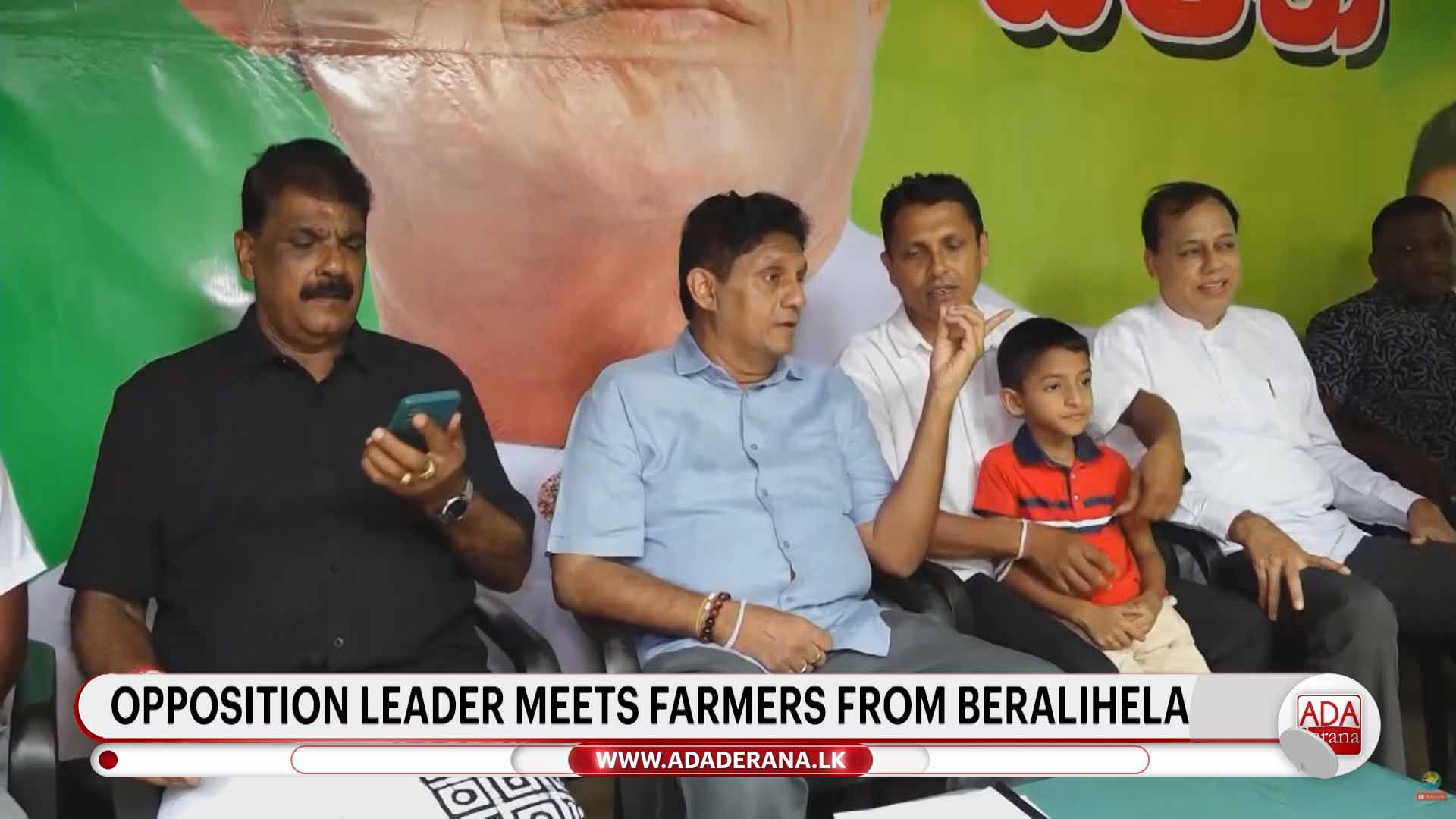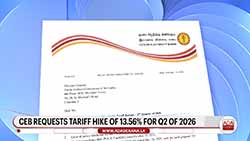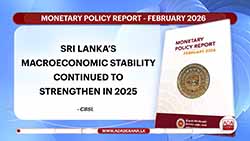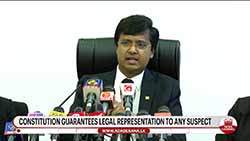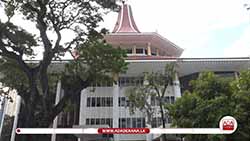Modi’s call for devolution of power gets mixed reactions
March 16, 2015 04:21 pm
Prime Minister Narendra Modi‘s call for early and full implementation of the 13th Amendment, that sets up a mechanism for devolution of power to provincial councils, and going beyond it to achieve reconciliation with the Tamil minority community during his recent Sri Lanka visit has got a mixed response from across the political spectrum in Colombo.
Voicing India’s support to efforts to build a future that accommodates the aspirations of all societies including Tamils for a life of equality, justice, peace and dignity in a united Lanka, the Prime Minister had said, “We believe that early and full implementation of the 13th Amendment and going beyond it would contribute to this process.”
Modi had made the remarks during his meeting with Sri Lankan President Maithripala Sirisena.
Sri Lanka has accepted the 13A as the solution, Mano Ganesan of the Democratic People s Front (DPF) said.
Ganesan, who largely represents non north-eastern Tamils, met the Indian leader during his visit last week.
Wickremabahu Karunaratne, a Sinhala politician representing the old Marxist socialist stream, said Modi’s call was very timely.
“Our party backed the 13th amendment when it was introduced in 1987. So we believe that it is a solution.”
“The 13th amendment was something forced on us by India. We do not see it as a solution to the ethnic problem. We need to treat the issue with fairness and allow greater democracy to the Tamil people,” Tilwin Silva, the general secretary of the Marxist JVP or the People’s Liberation Front, said.
The Sinhala majority Heritage Party or the JHU struck a similar note.
“The 13A was an Indian creation and something forced on Sri Lanka. Mr Modi is free to air his views but a solution can only be found by Sri Lankans. It is their problem,” Nishantha Sri Warnasinghe, the JHU spokesman, said.
The thirteenth amendment to the Sri Lankan Constitution became part of the local statute as a direct result of the Indian intervention in 1987.
The then Indian government under Rajiv Gandhi advocated provincial councils for all of the nine provinces as a solution to the demands for Tamil self-rule.
Although, then provincial councils were enacted, Tamil parties are not happy that the center does not confer full powers like a provincial police force and power over land control. (PTI)






